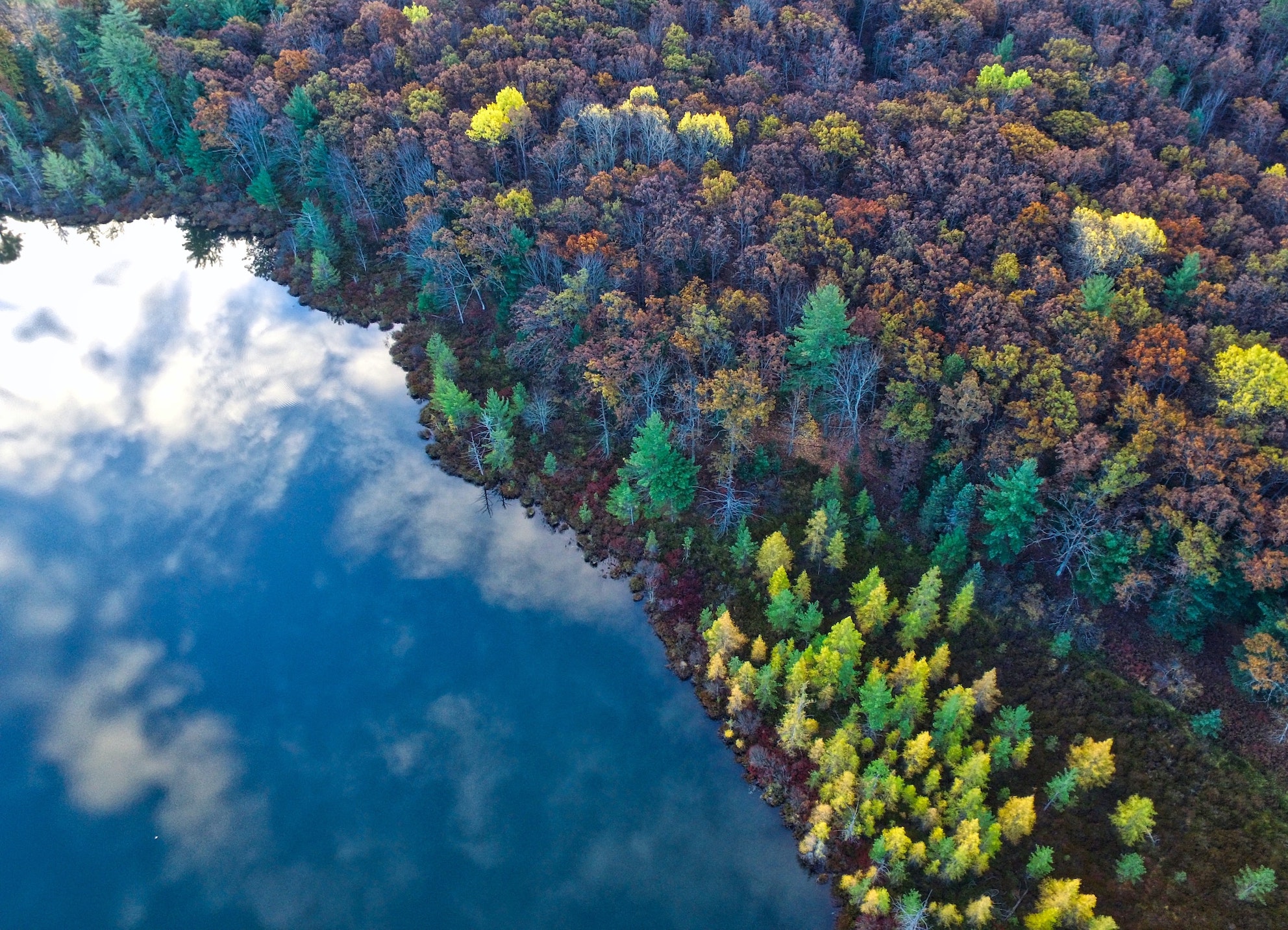9 August 2022 – Cosmo Sanderson
The Chilean people are preparing to vote on a new constitution that would make the country only the second on earth to recognise the ‘Rights of Nature.’
The 4 September vote will see Chileans given the opportunity to radically overhaul their existing constitution, which was entered into in 1980 during the military dictatorship of Augusto Pinochet.
The proposed new constitution enshrines in it the Rights of Nature, stating that:
“Individuals and peoples are interdependent with nature and together, they are an inseparable whole. Nature has rights. The State and society have the duty to protect and respect them.”
If approved, the constitution would reportedly make Chile the only country other than Ecuador to recognise such rights.
Chileans overwhelmingly voted to update their constitution in 2020, a year after a rise in public transport fees sparked a million-strong march in Santiago against inequality.
Last month, Chile’s constitutional assembly sent the final proposed text to President Gabriel Boric, kicking off a two-month campaign on whether to vote it into law. Aside from environmental protections, the new constitution places a fresh emphasis on social rights, gender equality and indigenous autonomy.
The fate of the new constitution hangs in the balance. A poll published late last month found that 47% of respondents plan to vote against the text, with 39% in favour of it and 14% undecided.
Reuters reports that the vote is being closely linked to Boric – the 36-year-old leftist former student protest leader – who took office in March and has been a strong advocate for constitutional reform. Boric has seen his support slump to 34% as of June 2022.
One of the groups most affected by global warming in Chile is its Monte Patria population in Limarí Province. Human rights think tank Climate Refugees reports that drought problems aggravated by global warming have forced many in the community to migrate to other areas in the country.











